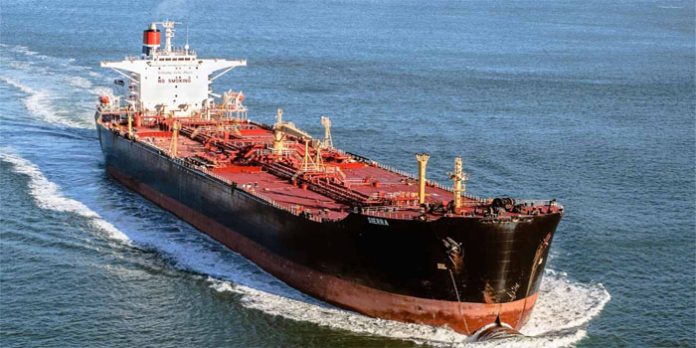Despite the launch of petrol production by two major refineries in Nigeria over the past three months, the nation still relies heavily on imported fuel. Oil marketers brought in 2.3 billion litres of petrol between September 11 and December 5, 2024, highlighting a continued dependence on foreign supplies.
This trend persists despite earlier announcements from oil marketers pledging to halt imports and prioritize domestic production. The Dangote Petroleum Refinery in Lagos, with a capacity of 650,000 barrels per day (bpd), began selling petrol in September, while the Area 5 facility of the Port Harcourt Refinery, operating at 60,000 bpd, commenced production last week.
Recent Import Activity
In just three days, 52,000 metric tonnes (68.74 million litres) of petrol were imported, according to findings by Bizwatch Nigeria. Data from the Nigerian Ports Authority revealed that shipments of petrol arrived at Lagos and Calabar ports, with vessels such as Binta Saleh, Shamal, and Watson delivering significant quantities of fuel.
- December 3, 2024: Binta Saleh delivered 15.86 million litres to Apapa Port.
- December 4, 2024: Shamal brought in 26.44 million litres to Tin Can Port.
- December 5, 2024: Watson delivered 26.44 million litres to Calabar Port.
Challenges with Local Supply
Nigeria has long depended on fuel imports to meet domestic demand. Even with the commencement of operations at the Dangote Refinery, insufficient output and pricing challenges have driven continued reliance on imports. Initially, the Nigerian National Petroleum Company Limited (NNPCL) was the sole off-taker from the Dangote facility. However, following a government directive in October, marketers were permitted to directly negotiate purchases from the refinery.
Groups such as the Independent Petroleum Marketers Association of Nigeria (IPMAN) and the Petroleum Products Retail Outlets Owners Association of Nigeria (PETROAN) have signed agreements with the Dangote Refinery, signaling a gradual shift to local sourcing. PETROAN recently announced a 180-day suspension of fuel imports to focus on domestic production.
Import Volumes and Expenditures
Between October 1 and November 11, 2024, Nigeria imported over two billion litres of petrol. Documents show that NNPCL and its partners brought in:
- 1.5 million metric tonnes of petrol
- 414,018 metric tonnes of diesel
- 13,500 metric tonnes of jet fuel
This translated to a financial outlay of approximately ₦3 trillion ($1.8 billion).
Ongoing Discussions
Efforts to phase out fuel imports are still underway. A recent meeting led by NNPCL Group CEO Mele Kyari and the Nigerian Midstream and Downstream Petroleum Regulatory Authority discussed leveraging the Dangote Refinery’s capacity to meet national demand. However, full reliance on local production remains a work in progress.
The enduring reliance on imports, even after deregulation of the downstream sector and investments in local refining, underscores the complexities of Nigeria’s fuel supply chain. Marketers continue to import substantial quantities of petrol to fill gaps in domestic production, challenging the goal of achieving fuel self-sufficiency.













